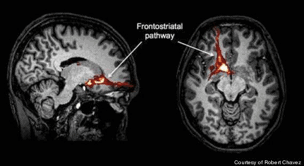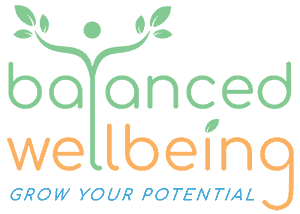Self-worth = Self-evaluation
“The degree to which we like ourselves depends on the strength of our optimistic self appraisals. This means that the more we define ourselves positively, the more we believe in who we are and in our abilities” – Dr. Marie Anderson
The research shows that if we feel good about ourselves, then we can have a healthier, happier, and more fulfilling life. We would be less stressed, less anxious, and less depressed. If we liked ourselves, then we wouldn’t need to compensate by engaging in unhelpful, potentially destructive behaviours that only leave us feeling good momentarily. Furthermore, we would feel blissfully at ease with our flaws, deficiencies, and imperfections. How cool would all that be!
Basically, self-esteem is what we think about ourselves, that is, our self-attitude. It is linked to our self-worth: How we value, evaluate, and judge ourselves. That is, whether we believe we are good enough or not. Our self-esteem influences how confident we are in our abilities, whether we like or accept ourselves, how we feel about others’ judgements, and whether we believe that we can achieve what we set out to accomplish.
In their book Self-esteem McKay & Fanning (2000) say that “Self-esteem is essential for psychological survival”. What that means is that, our ability to define who we are and measure whether we like or don’t like aspects of ourselves, contributes to having a meaningful, happy life. The problem lies, of course, in our tendency to judge and reject ourselves, which leads to self-sabotage behaviours as a way of avoiding the self-criticisms.
Although our sense of self develops over time, essentially, our early life experiences shape how we feel about ourselves. We are influenced by our own self-observations, what people think and expect of us, how others reward us for things we do, how we compare ourselves with others, and what we hear people say about us. In today’s digital age, of course, what we see or hear on TV and social media also contributes to our judgements, whether they are real, imagined, positive, or negative.
Because, we often describe our self-esteem as either positive or negative, high or low, this influences whether we are optimistic or pessimistic about ourselves. Such evaluations affect our confidence and our self-acceptance. If there’s a match between how we view ourselves compared with who we want to be, then our self-esteem is likely to be high. Whereas, a mismatch can lead to low self-esteem. Knowing ourselves and accepting who we are, worts and all, creates a balanced sense of self.
According to researchers at Dartmouth College (Chavez & Heatherton, 2015), our self-esteem levels can be measured in the brain (frontostriatal pathway) – see image. Their research showed that, whether our self-esteem is high or low, and whether it lasts a short or long time, is related to how strong and active this region is in the brain. The area connects to our self-knowledge (medial prefrontal cortex) and an area that deals with motivation and reward (ventral striatum). The researchers described it like a ‘road’: The more positive traffic that crosses this pathway, the higher the self-esteem and the longer it lasts.

Chavez, R. S. & Heatherton, T. F. (2015). A depiction of the anatomical connections between the ventral striatum and the prefrontal cortex. The strength of these connections correlated with subjects’ self-esteem scores in the study. This is where self-esteem lives in the brain (photo). Retrieved from http://www.huffingtonpost.com.au/entry/self-esteem-brain_n_5500501
I guess what this research suggests is that what we know about ourselves (self-knowledge) has a lot to do with how we judge ourselves (self-esteem) and, therefore, how we feel about ourselves (positive or negative). How we feel about ourselves, affects how motivated we are to behave in a certain way, eg., whether we focus on health-promoting or health-depleting behaviours. Also, our self-esteem, whether positive or negative, influences what rewards we choose because the quality of the reward reflects our feelings (motivation & reward).
The take home message is:
• Be kind to yourself
• Like who you are every day
• Know your strengths and honour them
• Nourish your limitations
• Thank people for sharing their opinions and illuminate the positives
• Recognise that negative evaluations are self-imposed
• Value your worth and choose health-promoting behaviours
• Reinforce optimistic self appraisals
• Accept who you are
• Be the best version of yourself


